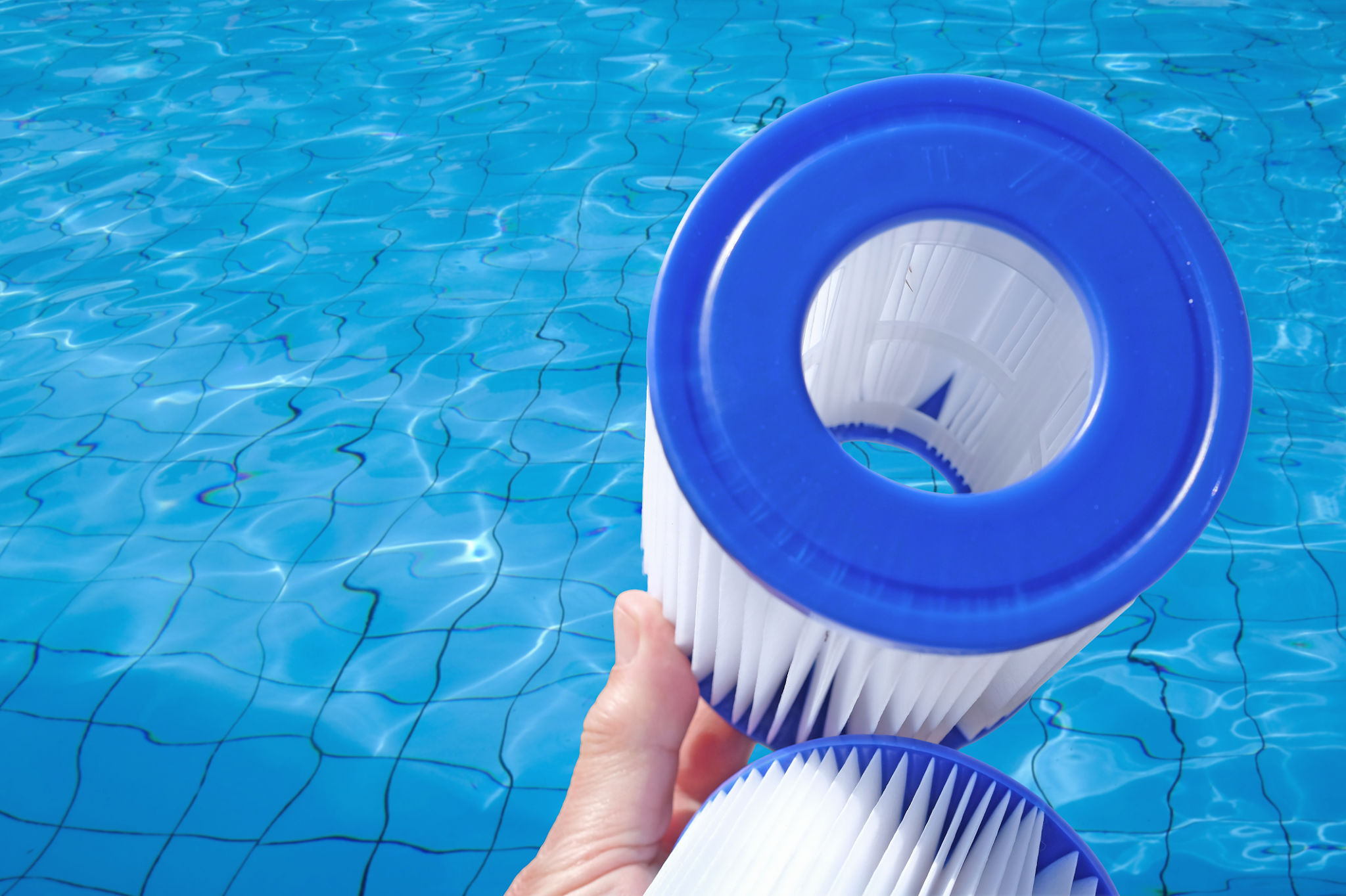Top Tips for Effective Pool Water Testing in Plant City
Understanding the Importance of Pool Water Testing
Maintaining a safe and clean swimming environment is crucial for any pool owner in Plant City. Regular pool water testing ensures that your pool remains healthy, helping to prevent issues such as algae growth, cloudy water, and skin irritation. By staying on top of your pool's chemical balance, you can enjoy a safe and refreshing swim all season long.
Pool water testing allows you to monitor the levels of various chemicals, including chlorine, pH, alkalinity, and calcium hardness. Each of these factors plays a vital role in the overall health of your pool. Regular testing helps you address any imbalances before they become problematic.

Choosing the Right Testing Kit
When it comes to testing your pool water, selecting the right kit is essential. There are several types available, including test strips, liquid test kits, and digital testers. Each has its own advantages and disadvantages, so it's important to choose one that fits your needs and budget.
Test strips are among the most popular options due to their ease of use and affordability. They provide quick results by simply dipping the strip into the water and comparing the color changes to a chart. However, they may not be as accurate as other methods. Liquid test kits, on the other hand, offer more precise readings by using reagents that change color based on chemical levels.
Digital Testers: A High-Tech Solution
For those looking for a more high-tech solution, digital testers offer a convenient and accurate way to measure your pool's chemical levels. These devices use sensors to provide digital readings, making them easy to read and typically more accurate than other methods. While they might be more expensive upfront, their precision can save you money in the long run by reducing chemical waste.

Establishing a Regular Testing Schedule
Consistency is key when it comes to effective pool water testing. Establishing a regular testing schedule helps ensure that your pool remains in optimal condition. Ideally, you should test your pool's water at least twice a week, especially during peak swimming season. This frequency allows you to catch any imbalances early, preventing potential problems down the line.
In addition to regular testing, it's important to test your pool's water after significant rainfall or heavy pool use. These events can significantly impact the chemical balance of your pool, necessitating immediate attention.
Keeping Accurate Records
Maintaining a log of your pool water tests is an invaluable practice. By recording the results of each test, you can track trends over time and gain insights into how different factors affect your pool's chemistry. This information can help you make informed decisions about chemical adjustments and maintenance strategies.

Tips for Accurate Testing
To ensure that your pool water testing is as accurate as possible, follow these simple tips:
- Use fresh testing materials: Expired or outdated test strips or reagents can provide inaccurate results.
- Test at consistent times: Performing tests at the same time of day can help account for daily fluctuations in sunlight and temperature.
- Store kits properly: Keep your testing materials in a cool, dry place away from direct sunlight to preserve their effectiveness.
By following these best practices, you can maintain the health and safety of your pool in Plant City, ensuring enjoyable swimming experiences for all.
